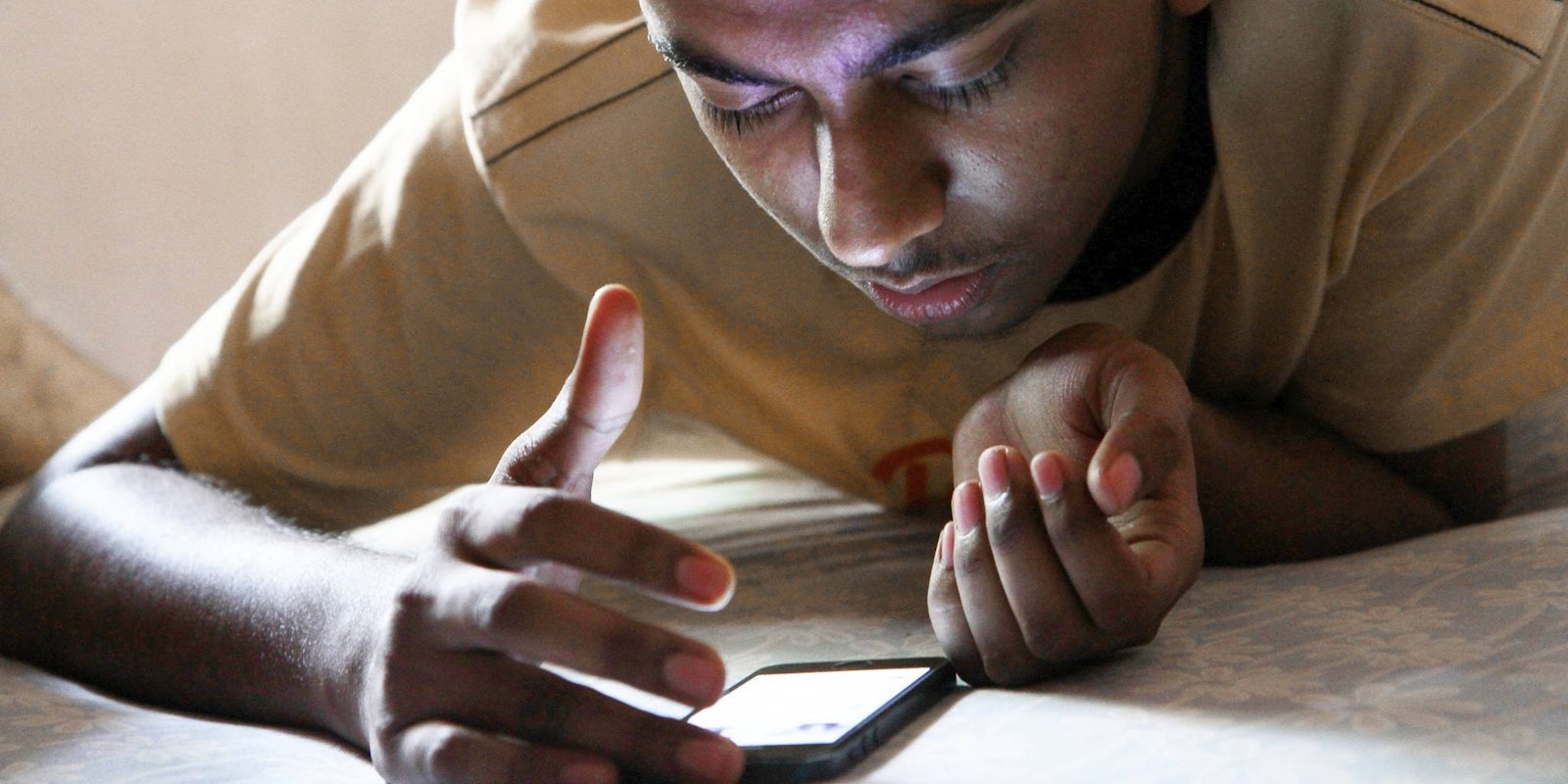Uber, Airbnb, and other on-demand services are more than just trends. According to new polling from the Pew Research Center, 72 percent of Americans have used some type of shared or on-demand online service.
The survey of 4,787 American adults found more than 7 in 10 adults in the United States have used at least one of 11 different shared and on-demand services. Nearly one in five have used four or more of the services, and seven percent have used six or more.
While a majority of people have at least tried one of the many on-demand platforms available, few rely on the services as part of their daily lives; just three percent of American adults use ride-hailing apps on a daily or weekly basis—two-thirds of which indicated they also own or drive a personal vehicle.
Unsurprisingly, that figure increases for younger generations. Seven percent of all 18- to 29-year-olds told Pew Research they use ride-hailing services on a daily or weekly basis. In urban areas, that number jumps up to 10 percent.
The figures found by Pew, in what it called the “first-ever comprehensive study of the scope and impact of the shared, collaborative and on-demand economy,” draw a sharp divide along economic lines.
The users of these services tend to skew toward those with more disposable income. Pew found that 41 percent of Americans with an annual household income of $100,000 or more have used four or more of these services—three times the amount of households earning less than $30,000 per year. Additionally, 39 percent of college graduates have used four or more of these services, compared to just eight percent of those who hold a high school degree or less.
While 72 percent of people have used an on-demand service, that leaves 28 percent of people have never stepped foot in a rideshare vehicle or stayed in a shared home. That figure is indicative of a larger trend that sees many people still unfamiliar with much of the information surrounding the economy created by these new platforms.
30 percent of Americans surveyed had never heard of Uber or Lyft while half were entirely unaware of home-sharing sites like Airbnb. Nearly three-fourths of those polled were unfamiliar with the term “sharing economy,” and nearly nine in ten people had not heard of the “gig economy.” The term “crowdfunding” garnered the most familiarity, but still saw a vast majority—61 percent—who were unaware of it.
Given that, it’s unsurprising that much of the conversation surrounding sharing and gig economy platforms are also foreign to many users. Less than half of those surveyed had heard about debates on regulating ride sharing services, while 75 percent of people have heard nothing about the legal battles for home sharing platforms.
The promise of sharing and on-demand platforms is often presented as a leveling of the playing field, of providing more access to goods and services. But Pew’s findings seem to indicate that isn’t the case.
Instead, research would appear to show that many of the services are a luxury. According to previous Pew studies, 68 percent of U.S. adults own a smartphone and 15 percent of Americans are without an internet connection, meaning they are unable to participate or engage with these platforms.
H/T Pew Research
